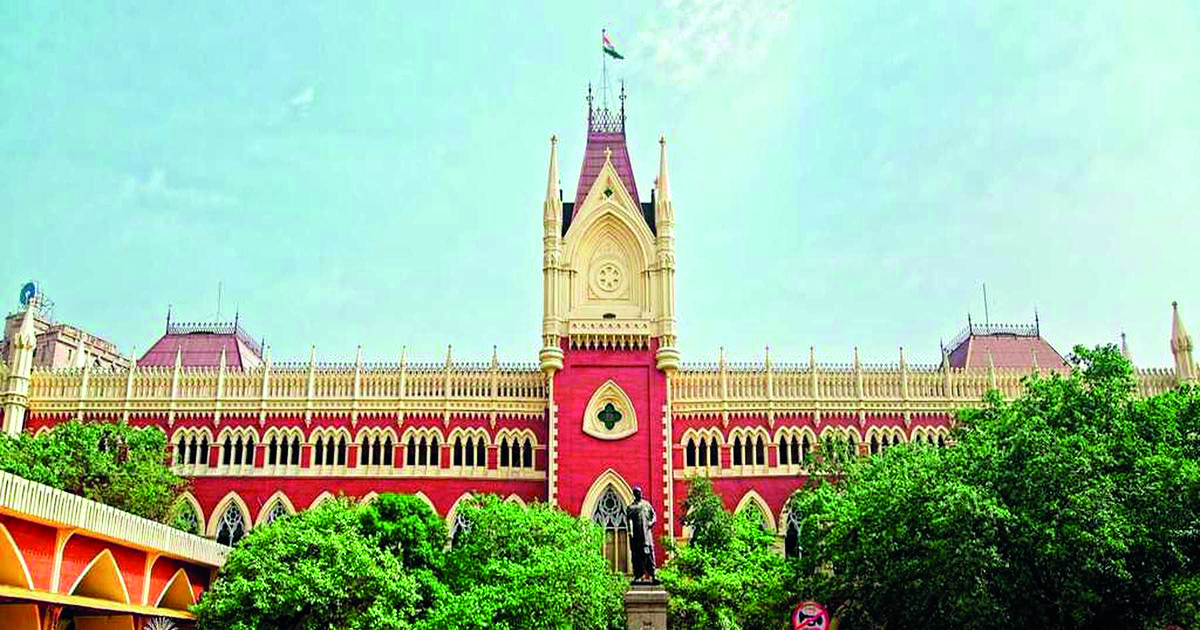‘Brief disagreement leading to suicide can’t draw charges under Sec 306 IPC’

Kolkata: Quashing an abetment of suicide case against a wife, the Calcutta High Court (HC), relying on observations of the Supreme Court (SC), held that momentary disagreement leading to suicide cannot attract charges under Section 306 IPC.
The Single Bench of Justice Ananya Bandopadhyay observed: “Egregious acts on the part of a person from intractable emotions, depressions cannot be perceived or fathomed. One can be frenzied or hysterical even on minute and momentary disagreement resorting to extremities which cannot be termed as an instigation, inducement or abetment to commit suicide…”
HC was hearing a case where the husband of the petitioner (wife) hanged himself inside the house allegedly due to mental agony on learning that she had a first marriage. The wife allegedly had suppressed the information from him. The couple lived in a separate flat. The husband’s father (complainant), on being informed, visited their flat and found his son’s body. The complainant lodged a complaint at the Baguihati P.S alleging abetment of suicide (Section 306 IPC) against the wife and other petitioners. The petitioners prayed for discharge before the ASJ, fast track court which was rejected and instead a date was fixed for framing the charge.
HC observed the marriage document indicated the wife as divorcee at the time of marriage with the victim. Therefore, the suppression of the earlier marriage was eventually obliterated. Further, the victim had locked the wife in the room from outside and hanged himself. “It was beyond the knowledge and control of the wife to have imminently rescued the victim from hearing himself”.
On allegations that the husband was not allowed to meet his parents and other family members, the court observed: “There was no indication on the records of the victim being captivated and confined at a certain place restricting his freedom of movement preventing and precluding him to contact his parents and family members. Being an adult male, the victim had ample volition and liberty to communicate with his family members disregarding the displeasure of the petitioners.”
The HC relied on SC’s decision in Ude Singh v. State of Haryana where it was observed that in order to constitute an offence under Section 306 IPC, there should be instances of abetment under Section 107 IPC. “There must be a proof of direct or indirect act(s) of incitement to the commission of suicide.” HC also relied on decisions in Mariano Anto Bruno vs State: To convict a person under Section 306 IPC, there has to be a clear mens rea to commit offence.



